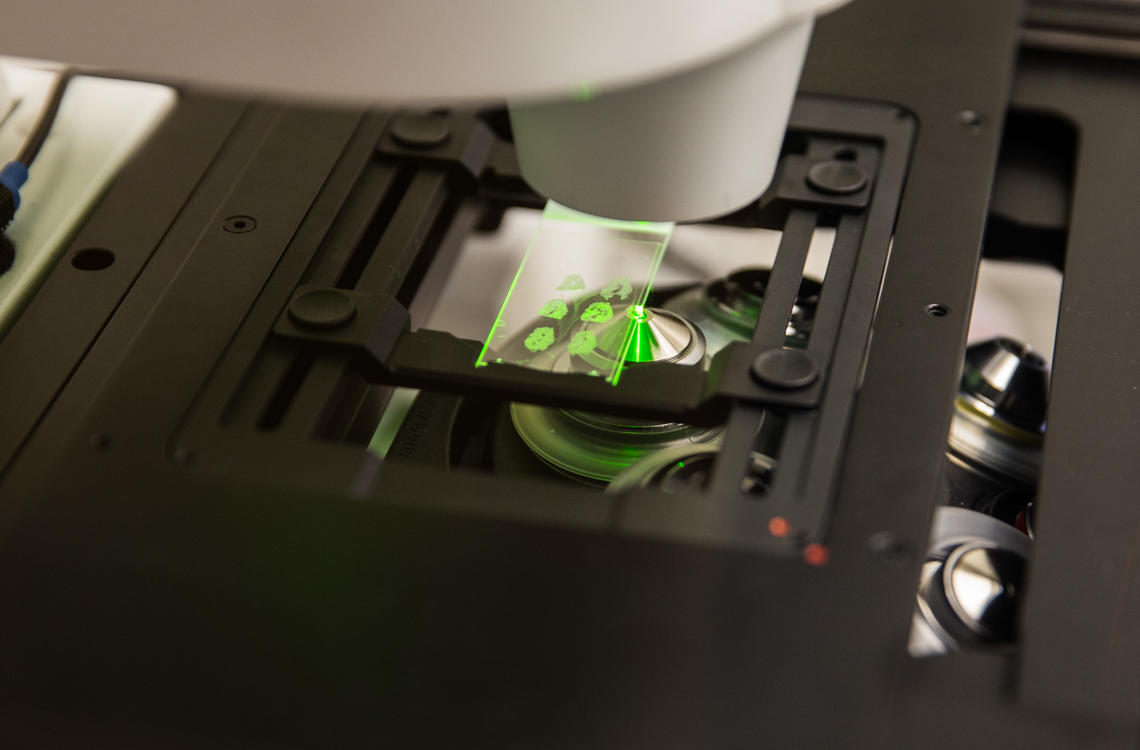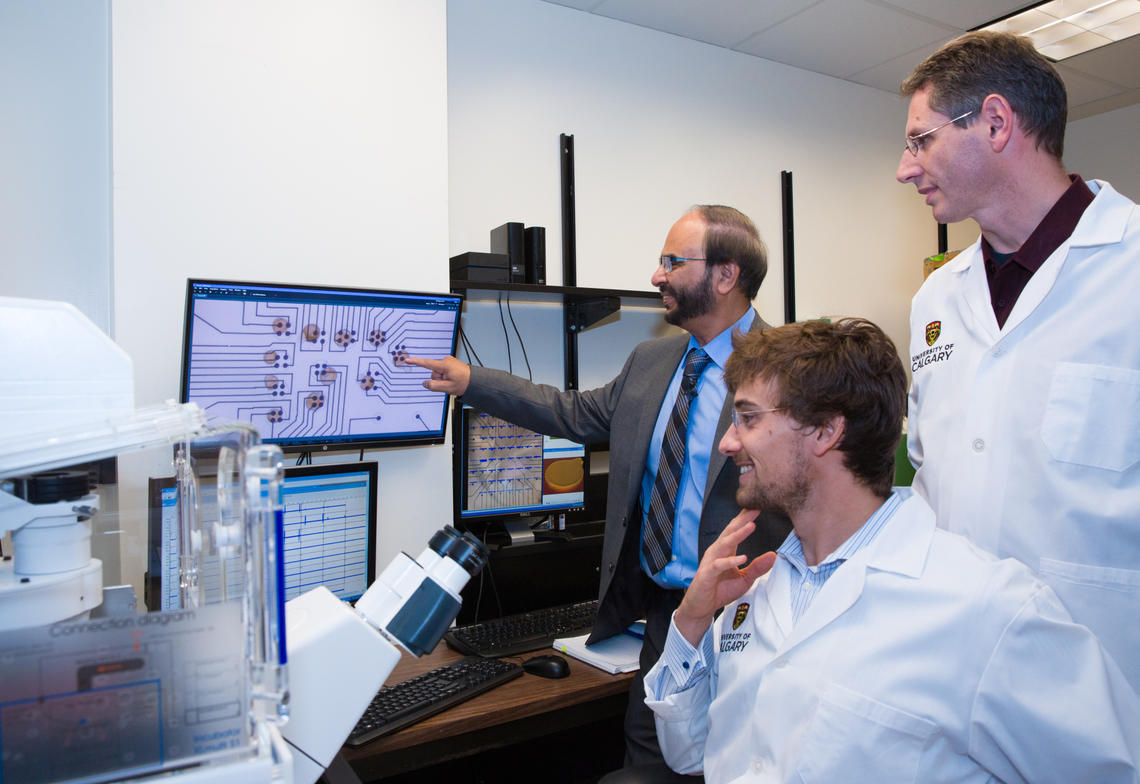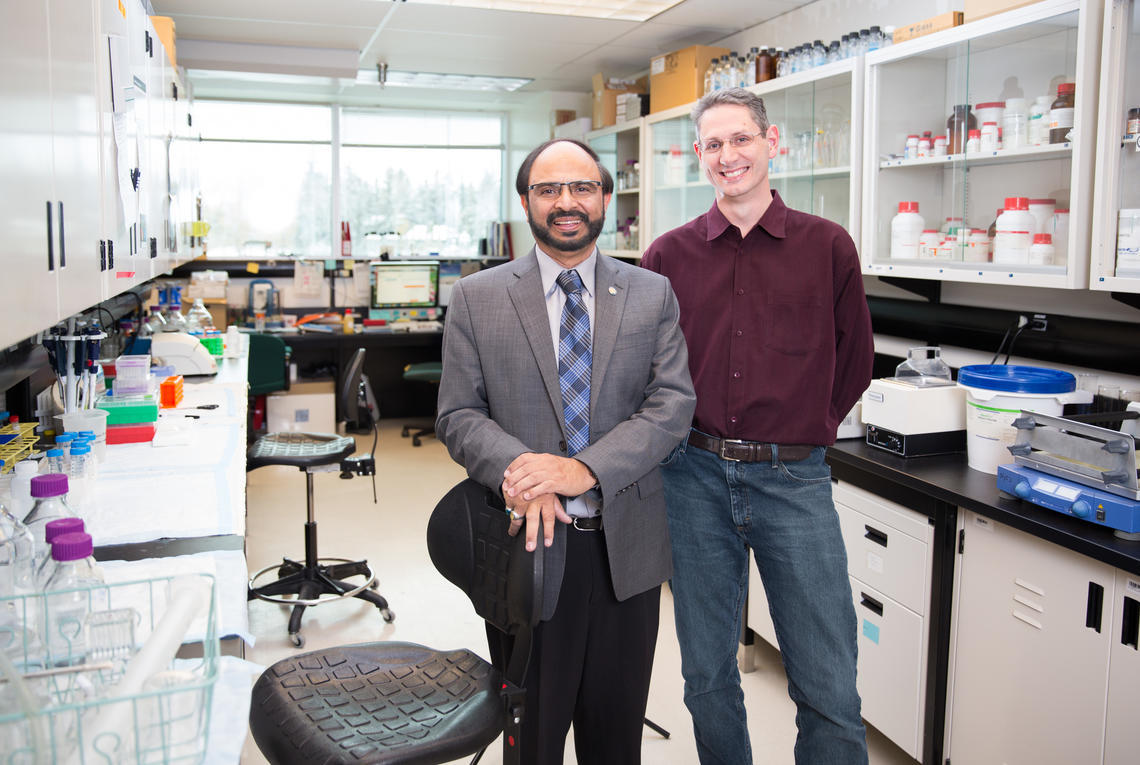Brain-Machine Interfacing Technologies
An electronic chip that interacts directly with brain cells and detects seizures will next treat people with neurological diseases and increase the understanding of cognitive functions

Incubating microscope continuously recording activity from live brain cells
BME researchers have developed an electronic chip that records brain signals from single neurons for weeks at a time, at a resolution higher than any other technology in the world. The bionic hybrid neuro-chip can one day help diagnose and treat people with neurological conditions such as epilepsy and help regain lost brain function resulting from trauma, injury and neurodegenerative disorders.
BME researchers developed the chip to mimic the natural contact between brain cells. It “tricks” the brain cells into communicating with the technology. The chip can detect epileptic seizures remotely and accurately in animal models, it sheds light on how brain cells communicate with each other, and helps further the understanding of cognitive functions like learning and memory.

Dr. Naweed Syed (left), Dr. Pierre Wijdenes (CEO, Neuraura, middle), Dr. Colin Dalton (right)

Project co-leads Dr. Naweed Syed (left) and Dr. Colin Dalton (right)
In the News
Dr. Naweed I. Syed on Discovery Channel
Calgary scientists to create human 'neurochip'
Breakthrough sees brain cells talk to microchip
Breakthrough neuro chip can record brain activity for months at a time
Neuro Chip Could Help Scientists Identify Drugs That Work Best To Treat Epilepsy
"Bionic" Chip Will Aid Study of Neurological Diseases
